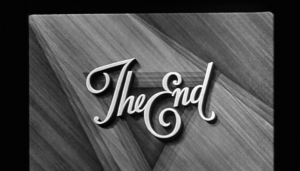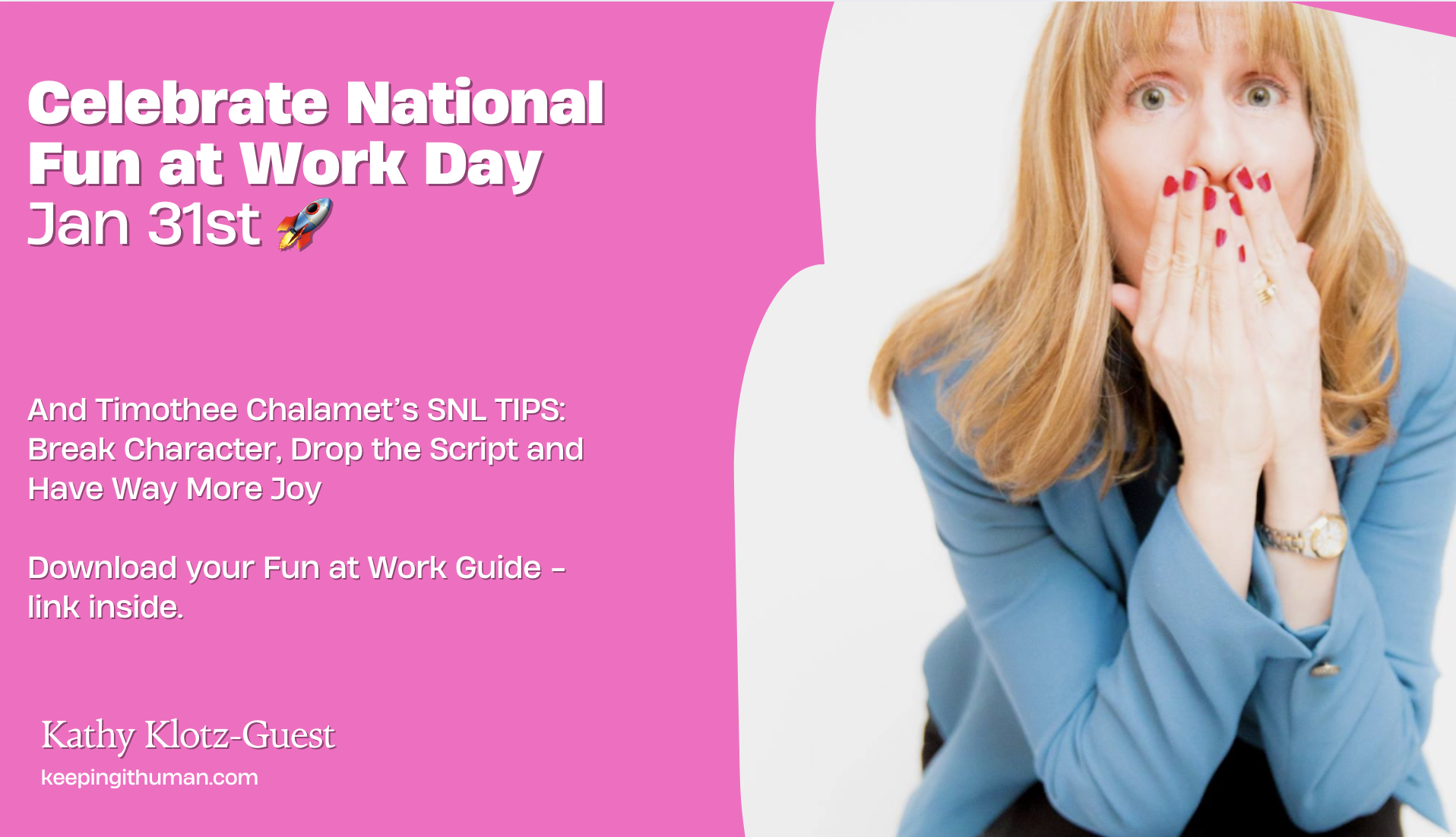I’ve said it before: today’s business storytelling is predominantly storytelling-lite. Many of the business stories being told just scratch the surface of human emotions because they are too focused on the company, on rational (rather than on personal and emotional) value, and on resolutions that end with the message: ‘if you bought our stuff, your problems would be over.’ Additionally, too many stories are told through the lens of a corporate voice.
Yuck! None of those approaches are personal and they sure as hell don’t humanize your company, brand or product. While there is nothing wrong with a happy ending, an economic benefit makes a really crappy ending. Simply telling your audience that your product will help them save or make money or time – concentrating on a rational, economic benefit – is a really shallow ending. ‘So what?,’ I say. And so do a lot of your users. Shallow is emotionally unsatisfying for your audience.
Ditch the Perfect Happy Ending
Moreover, story ‘resolutions’ that suggest a happily every after with rational value only (they made money and lived happily ever after) are unsustainable and unrealistic. Life is messy and imperfect, so your story endings don’t have to be tied up with a bow to be effective and credible. Quite the opposite.
What users really want to know is how their personal lives will change. They want hope. Where is the hope for a better life that goes way beyond just making or saving money. What will money allow them to do to achieve community, fulfillment, credibility, recognition – all the things that human beings actually want. Your audience has human needs that have nothing to do with your product or service and those needs go beyond rational, economic value. It’s your job to find what that is and tell stories that speak emotionally to those needs.
It’s OK to have a story ending that is open-ended, still evolving and that leans towards hope. You can also have a business story that invites your audience to co-create an ending for themselves by sharing their stories. Better yet, focus on outcomes for your customer that go beyond just how they used your product and what economic value was created? What do they value for their personal lives? Did your product help them reach their personal goals? That’s what really matters if you can honestly tell that story. It’s never about your product, ever. And it’s so much more than rational value for the customer.
A great ending isn’t perfect; just better. And realistic.
Your Turn
What’s the best business story ending you’ve seen? How do you write an optimistic, yet realistic ending for your business stories? For customers? Would love to hear your comments below.



